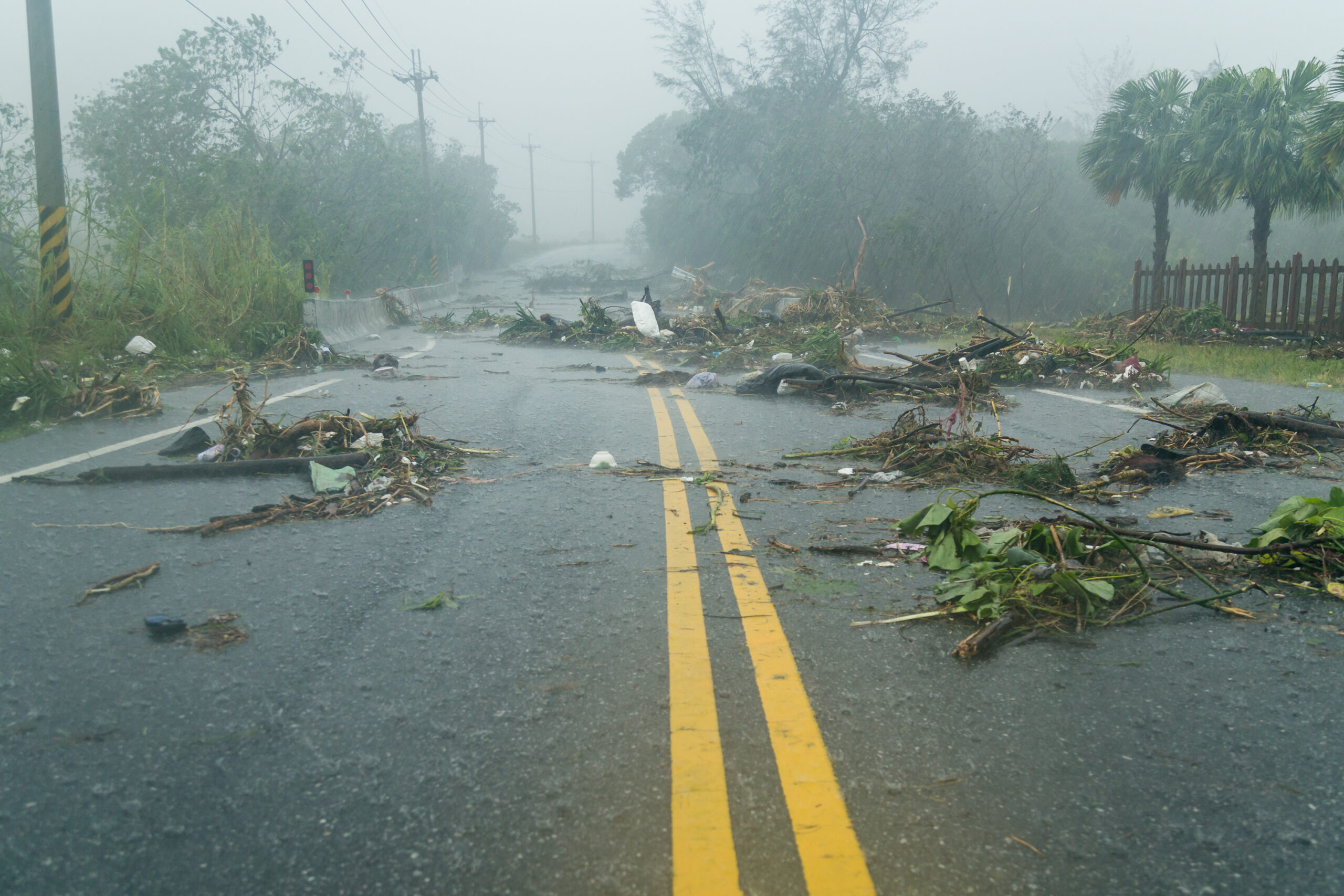Patient / Vulnerable Populations after Hurricane Laura
The aftermath of a hurricane can leave already-vulnerable communities in an even tougher spot. For patient populations, power outages, standing water, and debris can increase the risk of serious illness or injury. Vulnerable populations, such as those with lower socioeconomic status may face compounded challenges recovering from the damage and destruction caused by the storm. Below are some tips and guidance for patient populations and vulnerable groups to find assistance and stay safe during this challenging time.
Chronic Conditions
For those with chronic conditions, hurricanes can worsen underlying conditions and cause severe complications from illness or injury.
- Dialysis patients
- May face challenges accessing treatment and care after a hurricane. Be sure to identify nearby alternative dialysis facilities as soon as possible, especially if you have evacuated from your usual area.
- Dialysis patients are also more prone to infection and severe illness because of weakened immune systems and treatments to manage kidney failure. Be sure to avoid standing water, stay away from hazardous material, and treat any injuries immediately to avoid infection.
- Diabetes
- May not have access to regular supply or insulin or other medication.
- Infection or illness can be serious and even life-threatening, be sure to treat any injuries and infections as soon as possible.
- Aging and elderly populations
- May not have access to traditional caregivers, facilities. Also face additional challenges in mobility after a storm.
- Patients who lose electricity may need to go to their local emergency room to power any medical equipment.
Respiratory Patients
- Asthma
- Thunderstorm conditions can worsen asthma triggers, and standing water, mold, pollen, and dust can be of concern after the hurricane passes.
- Bring extra facemasks or coverings, especially for COVID-19, and avoid staying with individuals with symptoms of COVID-19.
- COVID-19
- Transportation and sheltering resources are different for COVID-positive patients, or those that present with symptoms. Be prepared for shelters to isolate any individuals with symptoms or positive-COVID-19 test results.
- Bring extra face coverings, hand sanitizer, and be prepared to be presented with symptom checks at shelters.
Evacuees
- Financially vulnerable populations
- Lower income populations are more likely to live near polluted areas, which increases the risk from floodwater and debris.
- May be unable to pay for hotel rooms they were diverted to instead of traditional shelters.






